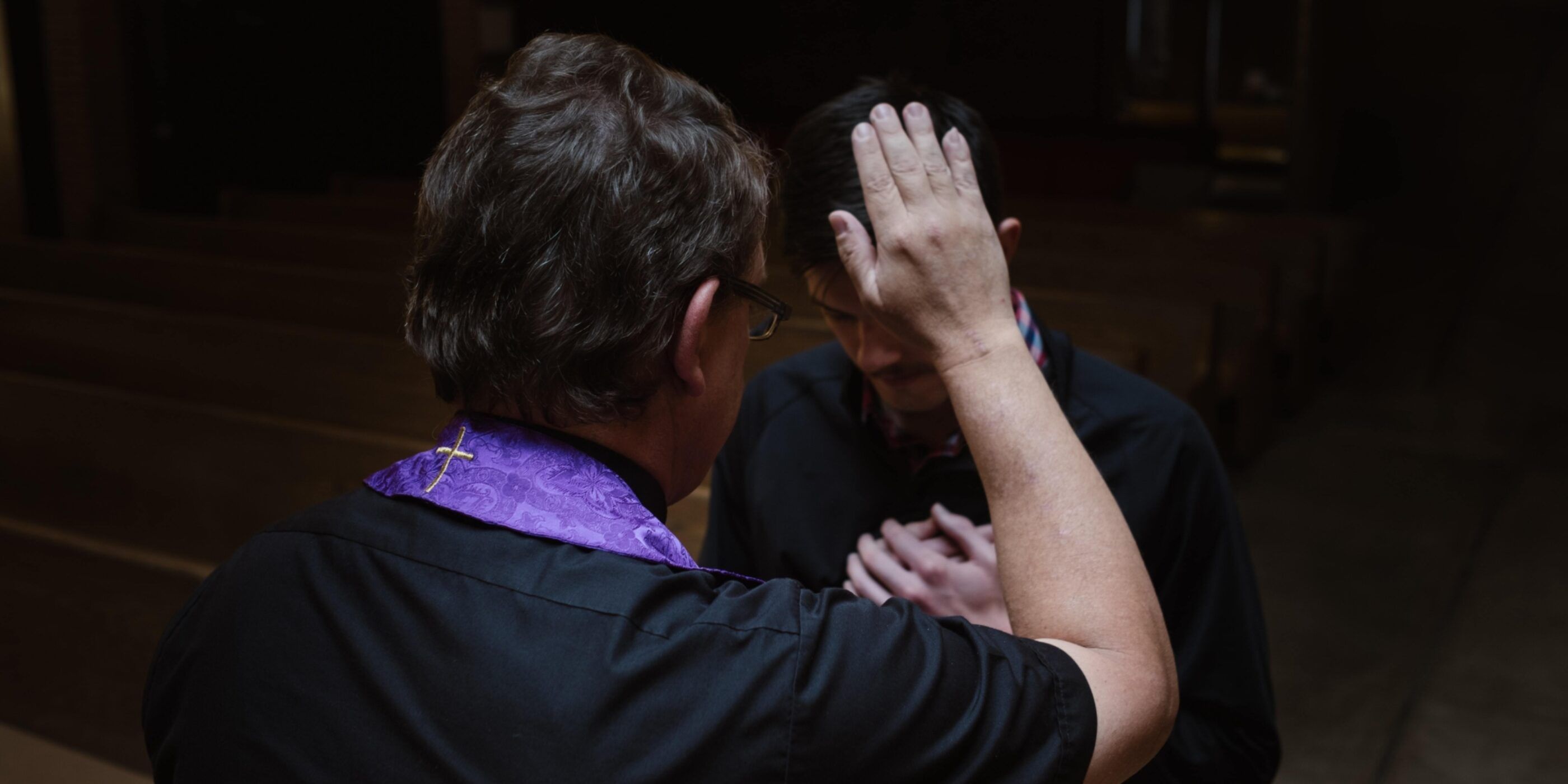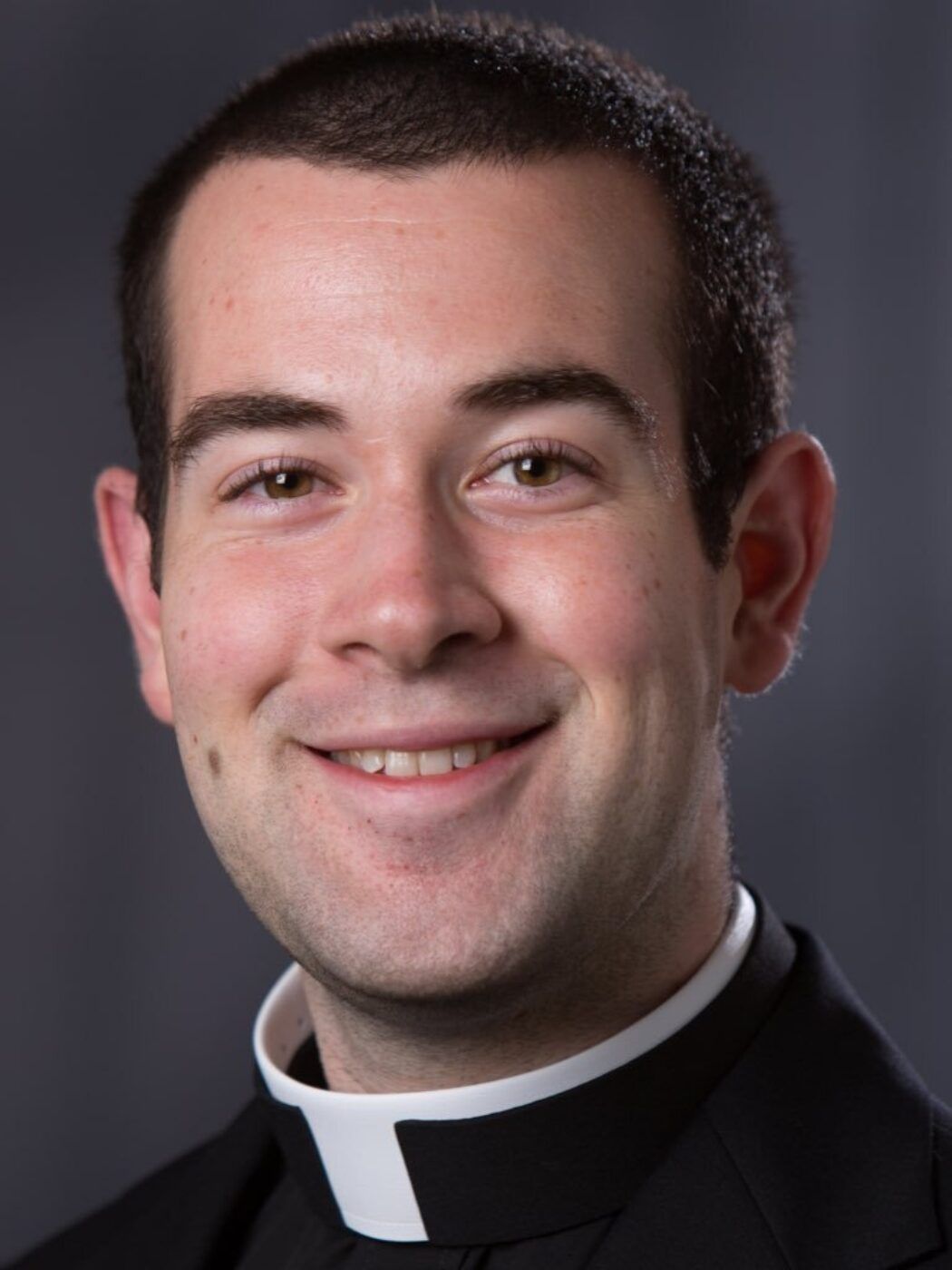What can Catholics expect when they go to Confession this Lent?
A new prayer of absolution will be put into effect on Ash Wednesday in the United States.
Two years ago, during the USCCB’s Spring Assembly in 2021, “a new translation of the Order of Penance” was approved by the bishops in the United States.
The days of Lent typically see an uptick in the number of people seeking out the sacrament of Penance. As they ask for Christ’s forgiveness in the confessional, Catholics encounter a familiar ritual of repentance and reconciliation, with well-worn prayers memorized since childhood. So it may come as a bit of a surprise to learn that in just a few days one of these prayers is going to change.
Thankfully, this change only impacts the prayer of absolution which the priest says. The person going to Confession will not have to do anything differently or learn any new prayer. Here’s what the new prayer of absolution will look like:
God, the Father of mercies,
through the death and resurrection of his Son
has reconciled the world to himself
and poured out the Holy Spirit (formerly “sent the Holy Spirit among us”) for the forgiveness of sins;
through the ministry of the Church
may God grant (formerly “give”) you pardon and peace.
And I absolve you from your sins
in the Name of the Father, and of the Son, and of the Holy Spirit.

Although these changes amount to only slight adjustments, they add valuable nuance to the prayer. The first alteration suggests a scriptural allusion to Romans 5:5, which states that “hope does not disappoint because the love of God has been poured out within our hearts through the Holy Spirit…” The sacrament of Penance is one of the most concrete ways in which a believer experiences that hope in God does not disappoint, as the sins which weighed them down are lifted away by the power of the Holy Spirit.
The word “grant” specifies a particular type of giving. The action of granting is typically initiated in response to a request. Within the sacrament of Penance, the granting of absolution comes in response to the penitent’s request for forgiveness expressed in the confession of sins, the acceptance of a penance, and subsequent Act of Contrition.
More broadly, changes such as these reflect the fact that language matters. How we speak of God in the liturgy has a powerful formative effect on what we believe. This is why the bishops of the United States have been working for years to produce better English translations for the liturgy which capture more of the nuanced riches of the Latin originals. This new translation of the Rite of Penance is just the latest step in the ongoing project of producing elegant and accurate English texts for all our rites of worship.
Beginning on Ash Wednesday, priests may start using the new prayer of absolution. On Divine Mercy Sunday, April 16, it will become mandatory. This period of optional usage during Lent gives pastors the time to teach their congregation about the change and the discretion to introduce it when the people have been well informed. During these days, Catholics may encounter either form of the prayer. Even after Divine Mercy Sunday, if a priest accidentally uses the obsolete translation, the sacrament is still valid and the penitent’s sins are fully forgiven.
This Lent, all Catholics are warmly encouraged to enter their parish confessional to receive the pardon and peace which the Father of mercies is pleased to grant them through the power of the Holy Spirit, poured out for the forgiveness of sins.


